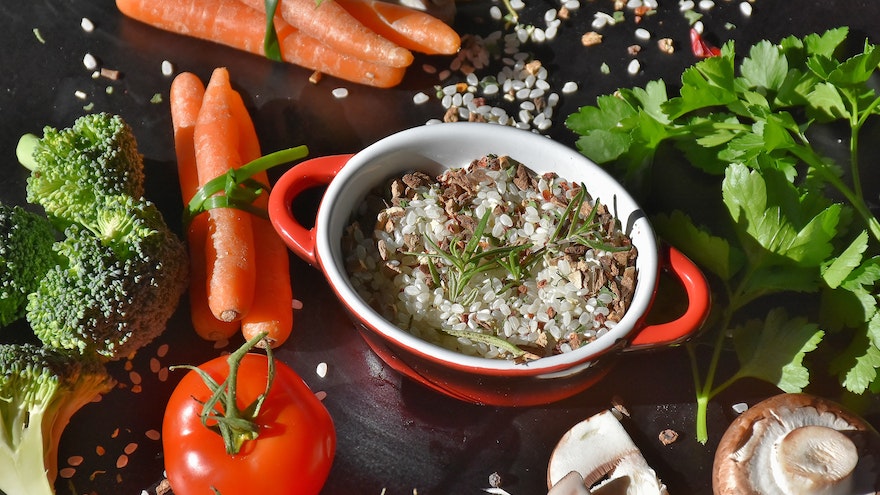Probiotics are live microorganisms, typically bacteria, that are similar to the beneficial microorganisms found in the human gut. They are often referred to as “good” or “helpful” bacteria because they help keep the gut healthy.
Benefits of Probiotics for Gut Health
There are numerous benefits to incorporating probiotics into your diet for gut health. Some of the most notable benefits include:
- Improved digestion: Probiotics can help improve digestion by breaking down food and absorbing nutrients more efficiently.
- Reduced risk of gastrointestinal issues: Probiotics can help reduce the risk of gastrointestinal issues such as diarrhea, constipation, and bloating.
- Improved immune function: Probiotics can help improve the function of the immune system by increasing the production of antibodies and helping to protect against harmful bacteria.
- Reduced risk of certain diseases: Some studies have shown that probiotics may help reduce the risk of certain diseases such as irritable bowel syndrome (IBS), inflammatory bowel disease (IBD), and even certain types of cancer.
- Improved mental health: Probiotics have been shown to have a positive impact on mental health, including reducing anxiety and depression.

How to Incorporate Probiotics into Your Diet
There are several ways to incorporate probiotics into your diet:
- Fermented foods: Fermented foods such as yogurt, kefir, sauerkraut, and kimchi are all rich sources of probiotics.
- Probiotic supplements: Probiotic supplements are also a convenient way to get your daily dose of probiotics. They come in capsule, powder, or liquid form and can be found at most health food stores or online.
- Probiotic-rich drinks: Probiotic-rich drinks such as kombucha and water kefir are also good sources of probiotics.
- Probiotic-rich foods: Some foods, such as miso, tempeh, and pickles, are naturally high in probiotics.
It is important to note that not all probiotics are created equal. Some strains of probiotics are more effective than others, and the right strain may vary depending on the individual. It is always a good idea to speak with a healthcare professional before starting any new supplement regimen.
Recommended Reading:
Tips for Maximizing the Benefits of Probiotics
- Choose a high-quality product: Look for a product that has a high CFU (colony-forming units) count and a variety of strains. This ensures that you are getting a good amount of beneficial bacteria.
- Take probiotics regularly: To see the full benefits of probiotics, it is important to take them regularly. This helps to establish a healthy balance of bacteria in the gut.
- Eat a varied diet: In addition to taking probiotics, it is important to eat a varied diet that includes plenty of fruits, vegetables, and whole grains. These foods provide prebiotics, which are non-digestible fibers that feed the beneficial bacteria in the gut.
- Be patient: It may take some time to see the full benefits of probiotics. It is important to be patient and give them time to work.
Conclusion
Incorporating probiotics into your diet can have numerous benefits for gut health. From improved digestion and immune function to reduced risk of certain diseases and improved mental health, probiotics are a valuable addition to any diet. To learn more about how probiotics can benefit your gut health, download our free gut health guide and try a free 3-day supply of our probiotic green juice called Life Greens.


